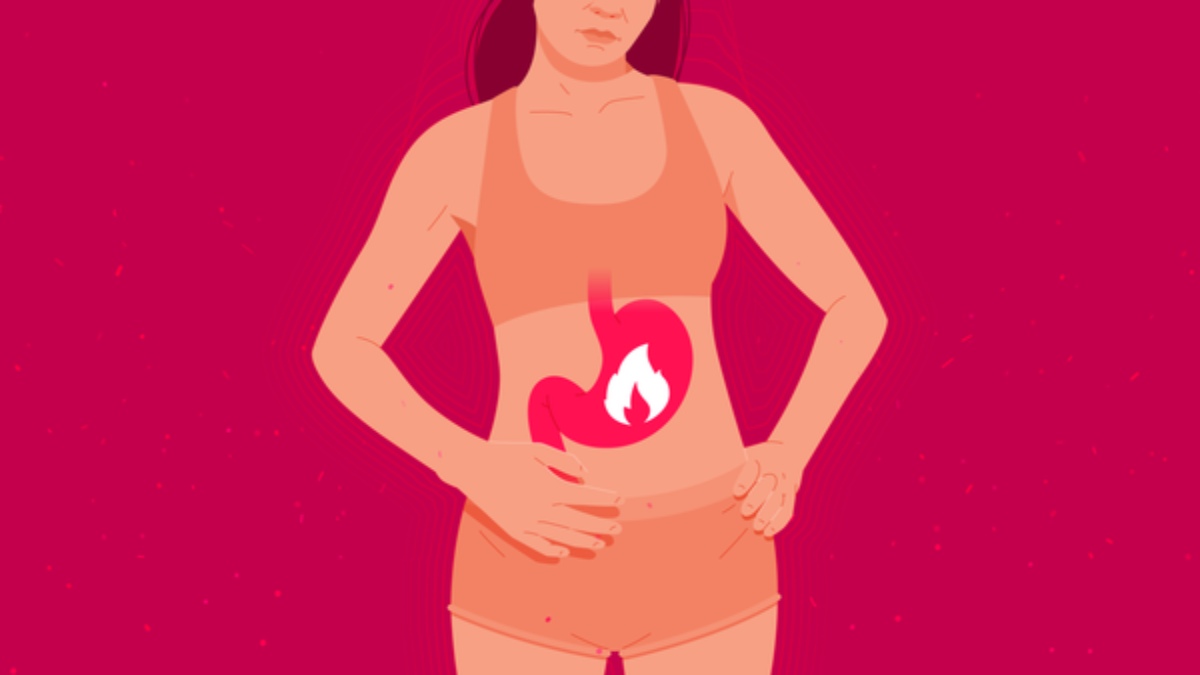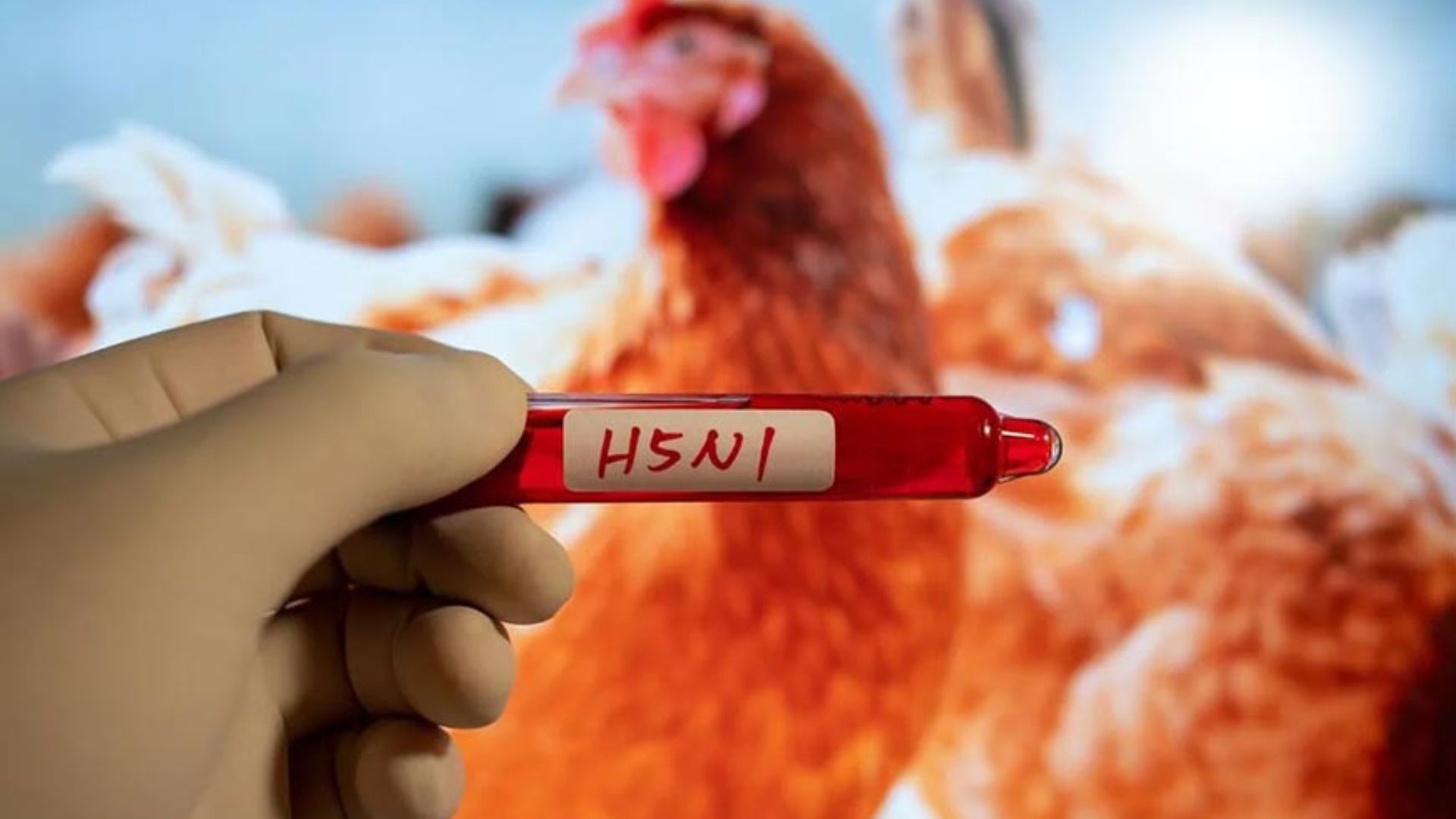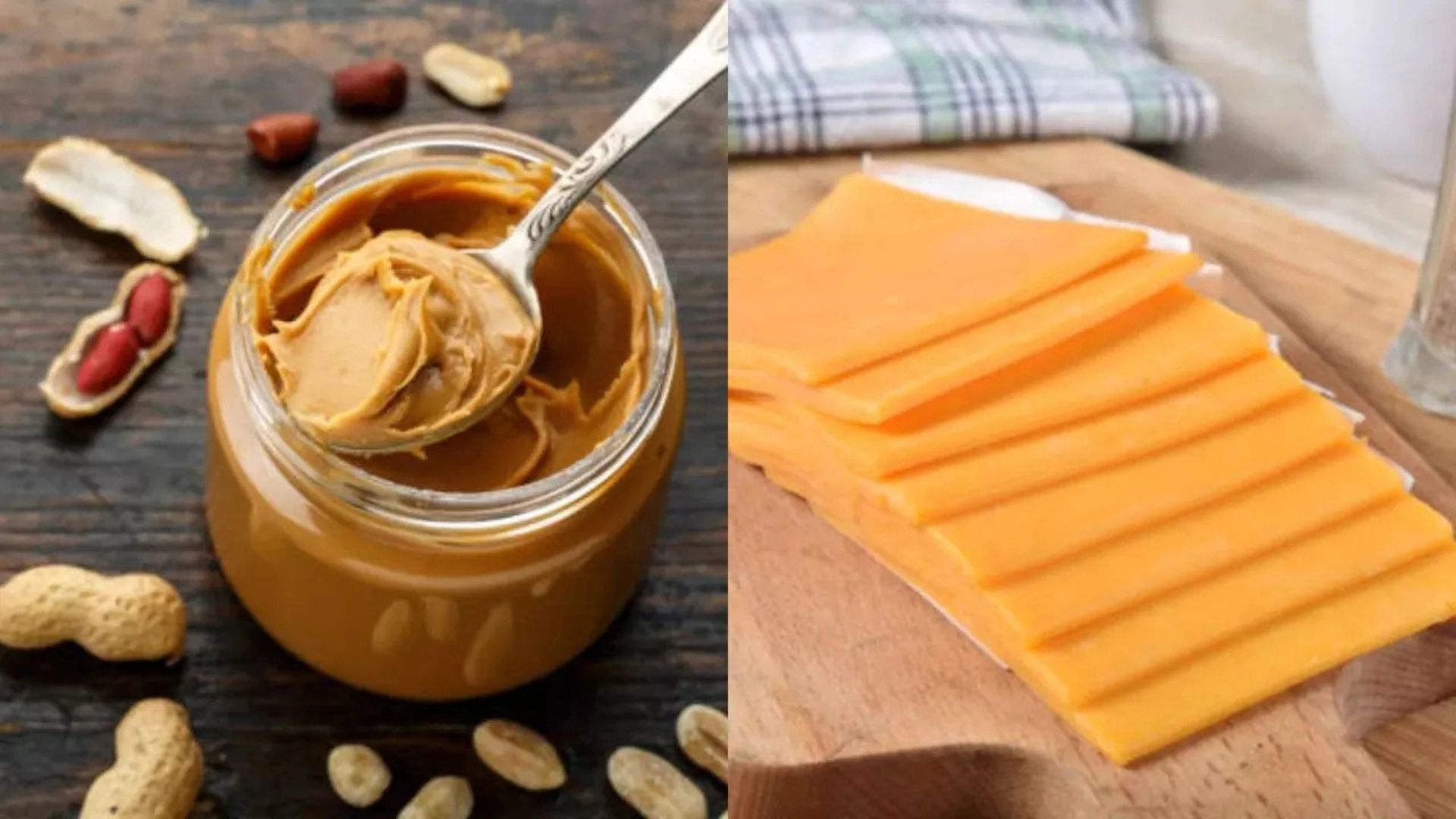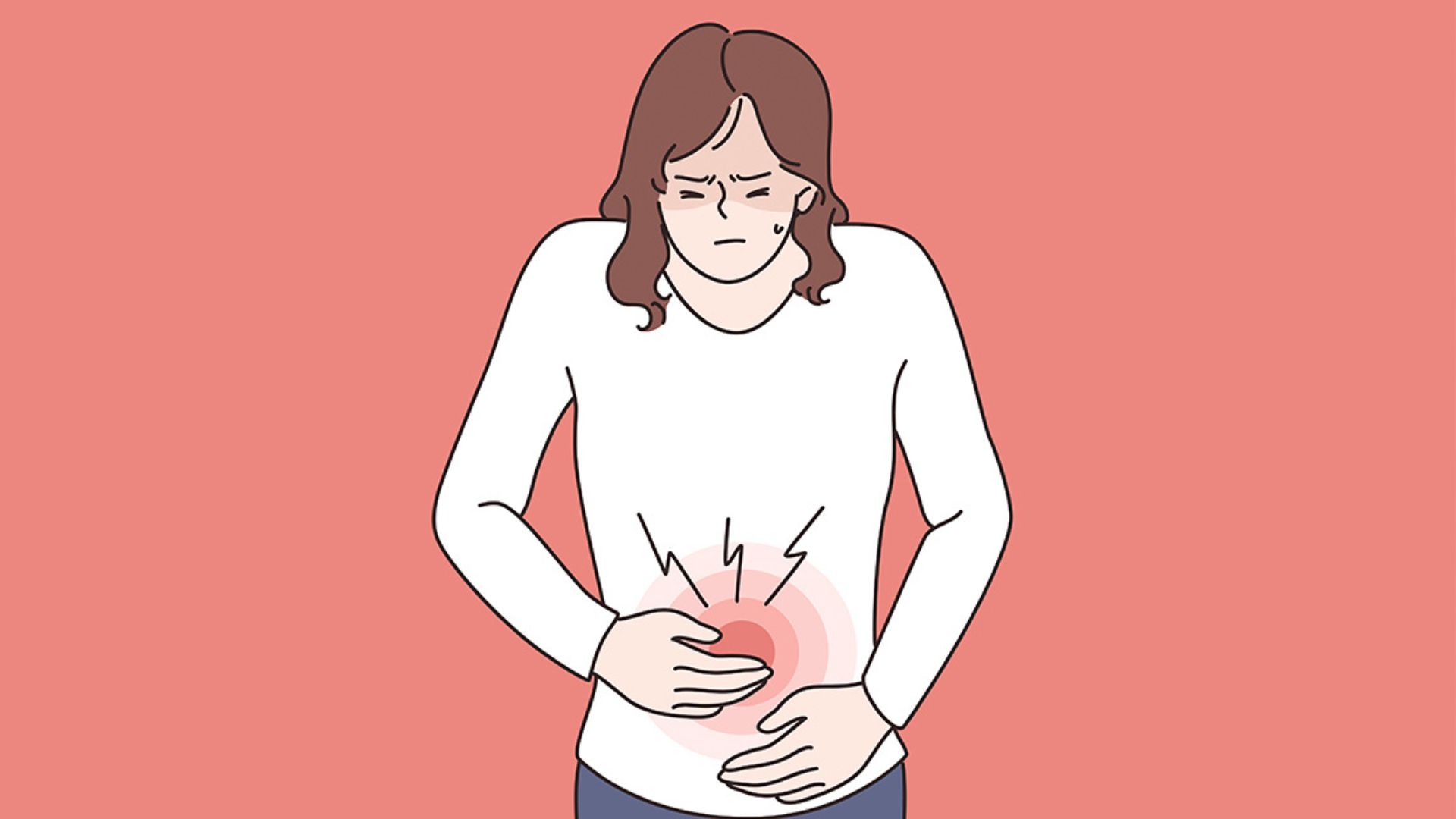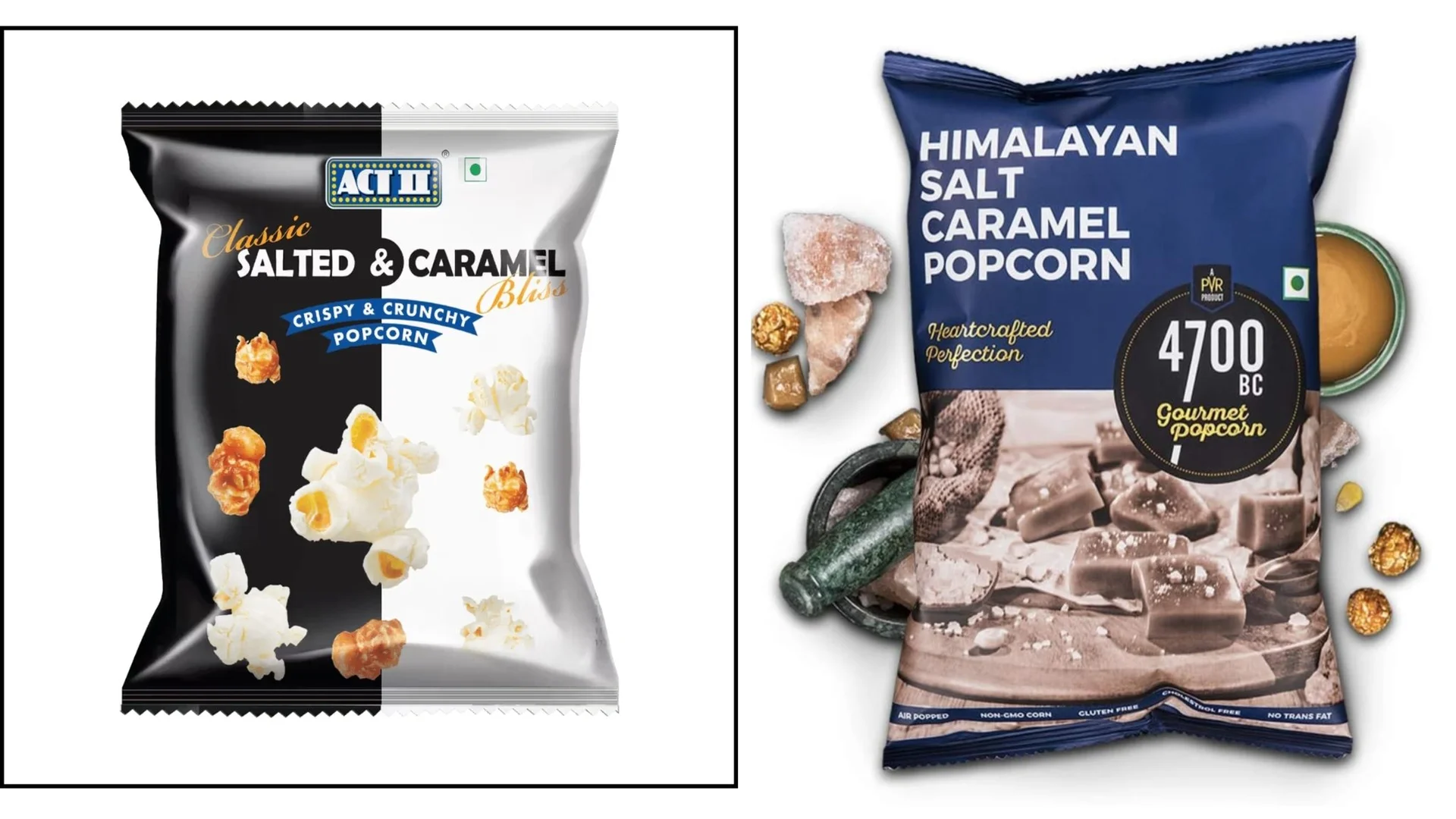GERD is an upward movement of stomach contents into the oesophagus. The phenomenon is not problematic if it is occasional. But if it becomes chronic, frequent and increases in intensity, then it can cause pain. A burning sensation from the stomach to the mouth is a tell-a-a tale sign of GERD. There are food and behavioural solutions to treat this. And which of course, does not prevent seeing a doctor. Gastroesophageal reflux is a particularly troublesome digestive disorder. To relieve it, you must review certain eating habits and diet.
Here are 10 tips to relieve acid reflux:
1. SPLIT MEALS
Even a balanced meal can seem too large for your stomach and promote reflux. In addition to perfect chewing, try to ensure that your daily nutritional intake is fulfilled by splitting them up over 3 to 4 meals along with 1-2 snacks. The ideal is to eat approximately every 3 hours: a breakfast at 9 a.m., a mid-morning snack with fruit or dairy products around 12-12.30 p.m., lunch around 1:30-2p.m., a snack for afternoon tea around 5 p.m. and a light dinner around 7:30 p.m. to 8 p.m.
2. AVOID RAW FRUIT AT THE END OF A MEAL
Fruits like apples and pears that we bite at the end of a meal promote alcoholic fermentation in the stomach which produces gas that promotes GERD. Acidic fruits such as orange or grapefruit delay gastric emptying and the faster the stomach is empty, the less risk of GERD.
3. CHOOSE GENTLE COOKING
Brisk cooking such as frying, barbeque, or even grilling promotes the physio-chemical modification of nutrients. They become more agitated and irritating to the digestive membranes, which lengthens their passage time in the stomach. So prefer cooking with water – steam, boil or stew as this gentle and humid cooking will not cultivate the inflammatory nature of food.
4. TAKE HALF A GLASS OF WATER DURING MEALS
As a thumb rule, aim not to take more than half a glass of water 30 minutes before the meal to 1 hour after the last bite, If you are still thirsty while eating, try removing spices from your food. Always prefer to drink water before your meals.
5. AVOID CARBONATED DRINKS
Aerated soft drinks cause a pressure gradient that facilitates and promotes GERD in individuals with the lower oesophagal sphincter (which prevents the gastric fluid into the oesophagus) is weakened. If you still want to have any aerated drink, get rid of its bubbles with a spoon so that you can drink it without the risk of associated GERD.
6. DON’T LIE DOWN WITH A FULL STOMACH
Stand upright for up to 2 hours after the last bite or drink to facilitate digestive work (long live the laws of gravity!). And go to bed at night once on an empty stomach, around 2-3 hours after dinner.
7. HALT YOUR HORSES BEFORE STOMACH IS FULL
Diets like Okinawa is based on the principle of the 80% stomach full. This will not only help you to keep up with your ideal weight (as GERD gets aggravated when being overweight) but it will also fasten up gastric emptying.
8. TREAT YOUR CONSTIPATION
It’s all just a matter of pressure! Constipation often requires a ‘bowel movement’, which increases the pressure gradient in the stomach and promotes GERD. The main cause of constipation is often a lack of fibre. Drinking Green tea outside of meals promotes satiety, limits constipation and eliminates toxins.
9.CHEW
Take the time to chew: this prepares the food for better digestion and prevents an overload of the stomach. Eating slowly allows you to send signals of satiety to the brain.
10. PARTIALLY ELIMINATE DAIRY PRODUCTS
Burns can be caused by lactose or milk protein intolerance. To be sure, swap them, as well as their derivatives like curd, buttermilk against vegetable products enriched in calcium. If there is an improvement, reintroduce them back slowly and steadily.
The writer is the Co-Founder & Chief Nutritionist at Nutri4Verve.

